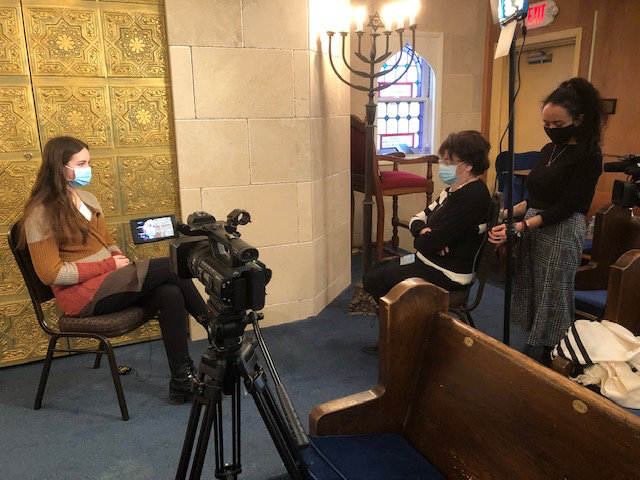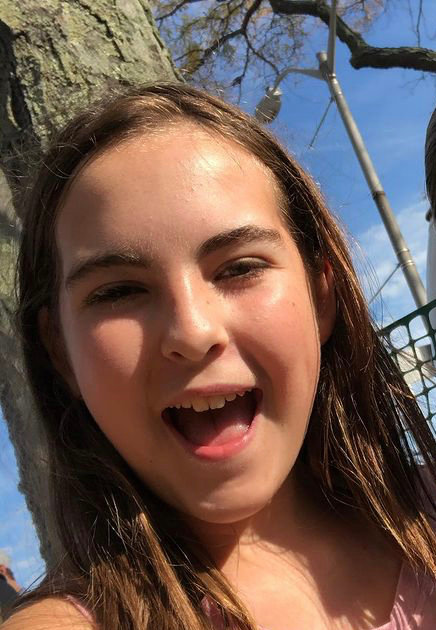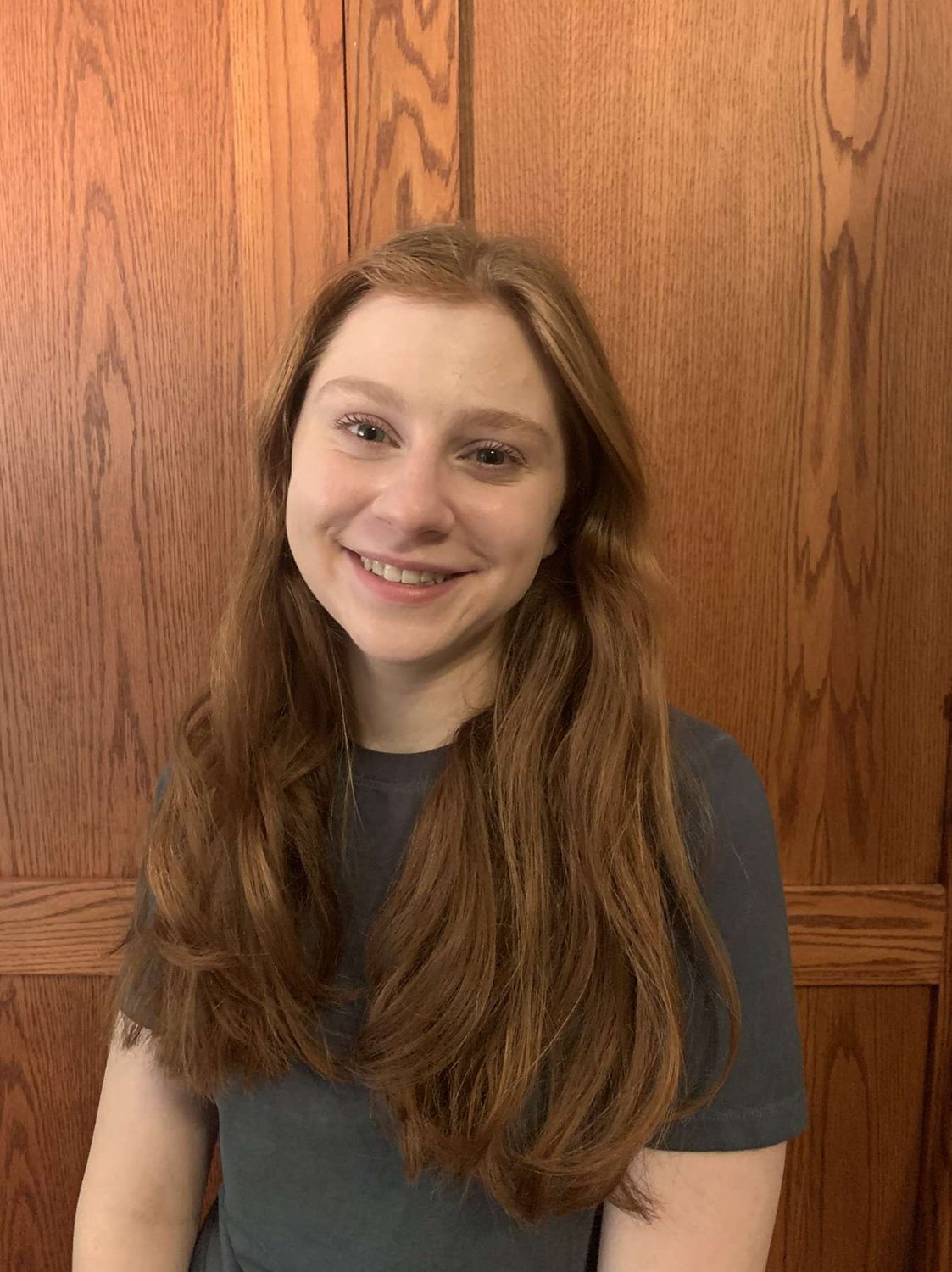Long Beach teens to make Holocaust documentary

Sixteen Long Beach High School students are embarking on a journey that will take them back nearly 80 years, to a time when Jews were murdered, imprisoned in death camps and separated forever from families and loved ones during the Holocaust, one of the darkest periods in world history.
The students’ journey will culminate in a documentary called “Names, Not Numbers.” The idea was generated 17 years ago by Tova Rosenberg, the director of special programs at Yeshiva University in Manhattan. Rosenberg said that over the intervening years, there have been 400 such projects, involving 6,000 students in the U.S., Canada and Israel. The Names, Not Numbers program is supported by a prominent national foundation that, for this cause, remains anonymous.
Gail Rusgo, of Lido Beach, the director of general studies at the Hebrew Academy of Long Beach, now in Woodmere, organized the program for Long Beach High students to help educate them about the Holocaust. She selected students she knew “from around the neighborhood” or whose parents she knew. She chose both Jewish and non-Jewish young people because, she said, diversity is important in the teaching of the holocaust.
The program began at the high school on Dec. 20, when, Rusgo said, the first of several educational sessions began. The students will learn about the events, propaganda, and racist ideology that led to the Holocaust, and the atrocities that occurred in more than 20 countries before and during World War II, Rusgo said.
The students will eventually film interviews with Holocaust survivors, using documentary techniques they will learn from a filmmaker for CBS.
Ava Lithgow, 15, one of the participating students, said she got involved in the project through her mother, Rachel, a friend of Rusgo’s and a vice president of the Museum of the Jewish People in Tel Aviv, Israel. “I thought this was a good opportunity,” Ava said.
“In school, we never got educated about the Holocaust,” she said. Students learned about World War II, but not enough was said about the extermination of six million Jews, and others, by the Nazis.
“People don’t understand how big a deal this is,” Ava said. She added that when she gets to interview a survivor, she will focus on that person’s life before the war. “I’d like to understand what their lives were like when they were children,” she said. “I’d like to ask them, ‘What was your favorite song?’”
Another student participant, Julianne Robinson, 18, has collected and refurbished surfboards and bicycles for children at the Martin Luther King Center in Long Beach. “I was interested in making a film about the Holocaust,” she said.
Julianne has studied the Holocaust at Temple Emanu-El in Long beach, she said, adding that she doesn’t believe students in public schools spend enough time learning about it. “I feel people don’t know the whole story,” she said.
When she gets the chance to interview a survivor, she said, she will ask how they would react to acts of anti-Semitism today.
Jeff Myers, Long Beach High’s principal, said the school has long been involved in teaching about the Holocaust. The school, Myers said, “has been an ardent supporter of creating inclusive environments and appreciating diversity for many years.”
Outside the classroom, he explained, many clubs and organizations work within the community on Holocaust-related activities. For the past few years, Myers said, the school has sponsored Holocaust educators during National Holocaust Remembrance Week, and has received a gold star for its participation in No Place to Hide, an initiative of the Anti-Defamation League that encourages activities in schools that challenge anti-Semitism and racism.
“We’re always looking to increase awareness in our students about the Holocaust and other historical examples of genocide,” Myers said.
The documentary, Rusgo said, will be shown at the high school when it is completed at the end of this school year. “The teens will not only have acquired real-life skills . . .,” she said, “but they will also learn perhaps the most important life lessons: compassion, empathy, increased understanding of ‘others’ and exposure to cultures unbeknownst to them previously.”









